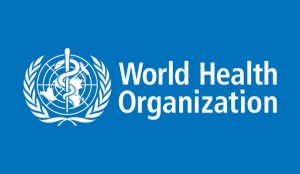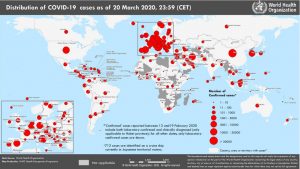WHO condemns the attacks on five hospitals that took place in Syria on 13–15 November 2016, including three hospitals in Western Rural Aleppo and two hospitals in Idleb. At least two people were reportedly killed as a result of the attacks and 19 people were wounded, including six medical staff. Shockingly, such attacks on health in Syria are increasing in both frequency and scale. Throughout 2016, WHO and partners have documented 126 such attacks across the country.
One of the damaged facilities in Western Rural Aleppo was a frontline trauma hospital. Another was a secondline trauma hospital. On a monthly basis, all three hospitals were providing more than 10 000 consultations and more than 1500 major surgeries. These attacks have seriously reduced the availability of health services in northern Syria and resulted in a major disruption of referrals of critically injured and ill patients.
The two hospitals in Idleb were providing almost 10 000 consultations per month, as well as more than 200 major surgeries and 600 deliveries. One of the hospitals was a key referral hospital for comprehensive emergency obstetric care. In addition, an attack on a mobile clinic in the Jishr-Ash-Shugur area of Idleb deprives more than 3500 patients of access to essential basic healthcare.
WHO once again demands that all parties in the conflict respect the safety and neutrality of health workers, health facilities and medical supplies. The pattern of attacks indicates that health care is being deliberately targeted in the Syrian conflict – this is a major violation of international law and a tragic disregard of our common humanity.
As the fighting across the country continues, the number of health facilities destroyed or damaged by attacks is increasing, depriving thousands of people in need of urgent and essential health care. The attack of five hospitals and a mobile clinic in less than 48 hours is an outrage that puts many more lives in danger in Syria and deprives the most vulnerable – including children and pregnant women – of their right to health services, just at the time when they need them most.










